Cultural tourism showcases a vibrant blend of traditions, festivals, and cuisine, inviting travelers to immerse themselves in Vietnam's rich heritage and stunning landscapes.
Cultural tourism is increasingly popular, drawing travelers with its rich customs, beliefs, architecture, art, and historical landmarks. In Vietnam, visitors can explore a variety of unique cultural destinations that showcase the country’s vibrant heritage.
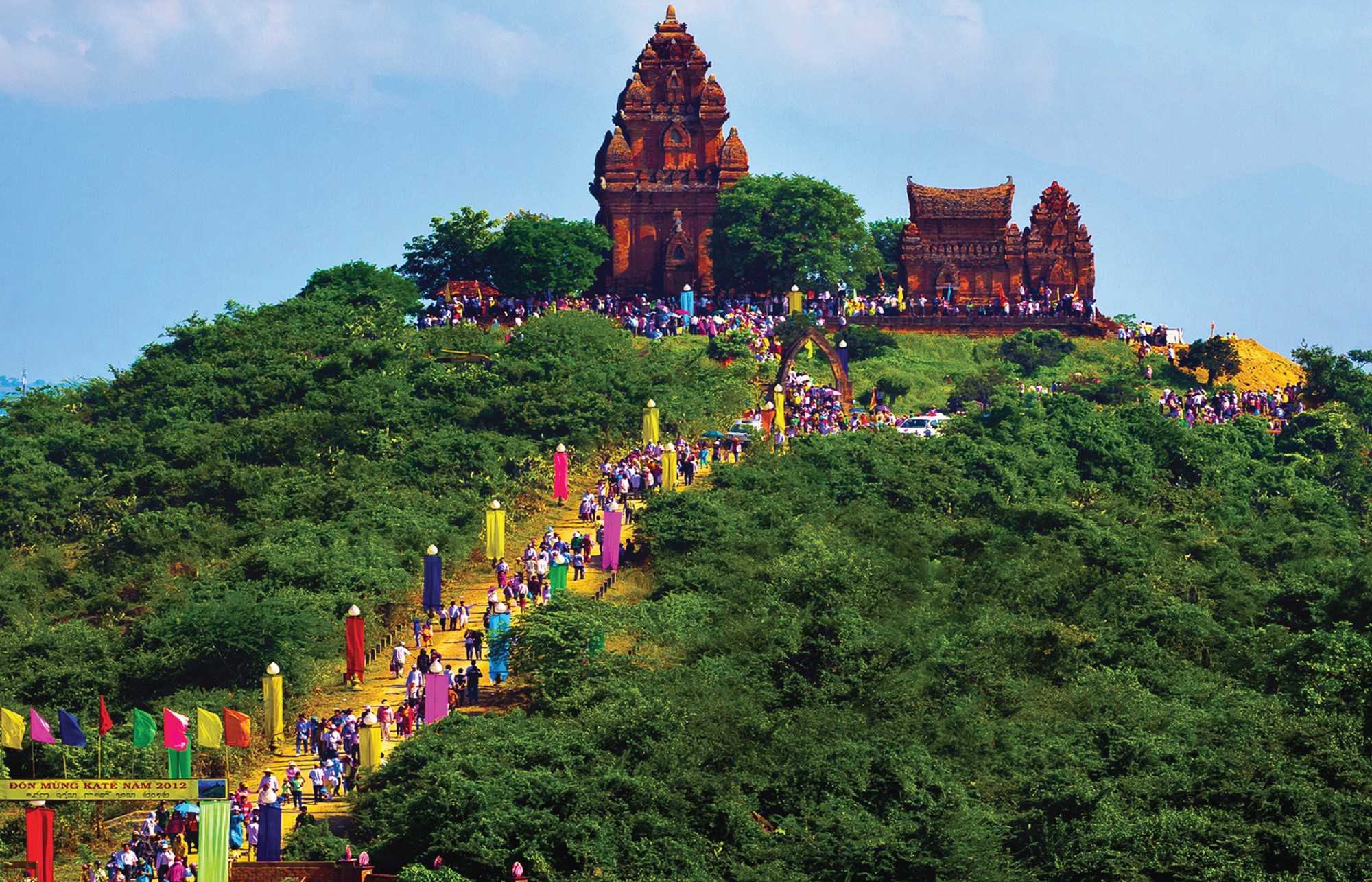
Photo: Internet
From ancient temples to traditional festivals, each site offers an immersive experience that highlights Vietnam's diverse history and artistic expressions. Don't miss the chance to discover these remarkable attractions that embody the spirit of Vietnam!
1. What is Cultural Tourism?
Cultural tourism involves traveling to experience the cultural heritage of a destination, including its traditions, customs, art, and historical sites. This form of tourism allows visitors to engage with local communities and gain a deeper understanding of their way of life. By participating in cultural events, exploring museums, and visiting significant landmarks, travelers can appreciate the unique aspects of a place.
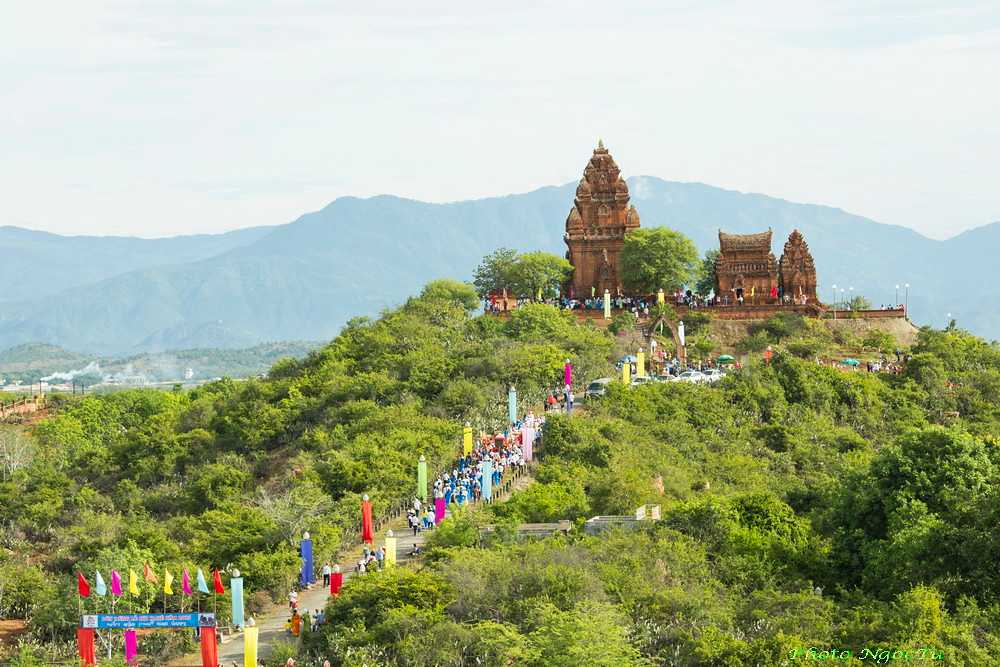
Photo: Internet
2. The Cultural Tourism industry in Vietnam
Vietnam's culture, with a history spanning over 4,000 years, serves as a strong foundation for the growth of cultural tourism. With 54 ethnic groups, each possessing distinct customs, lifestyles, and beliefs, the country boasts a rich and unique cultural heritage that vividly reflects Vietnamese identity.
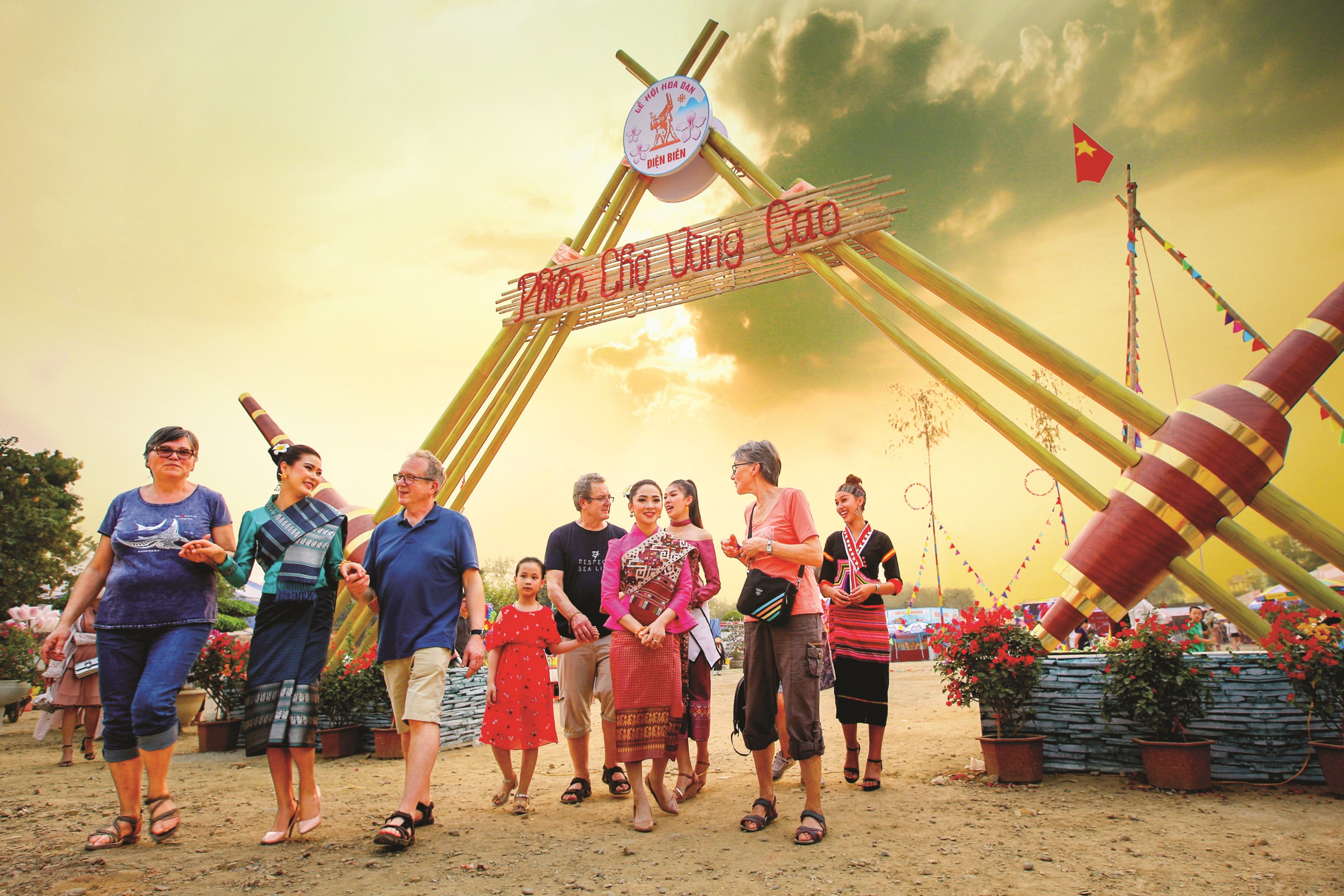
Photo: Internet
3. Types of Cultural Tourism in Vietnam
Cultural tourism activities in Vietnam are organized based on regional characteristics and focus on diverse forms of engagement, including:
Museum Tourism
With 117 museums, Vietnam preserves and displays historical artifacts that testify to the country’s thousands of years of development.
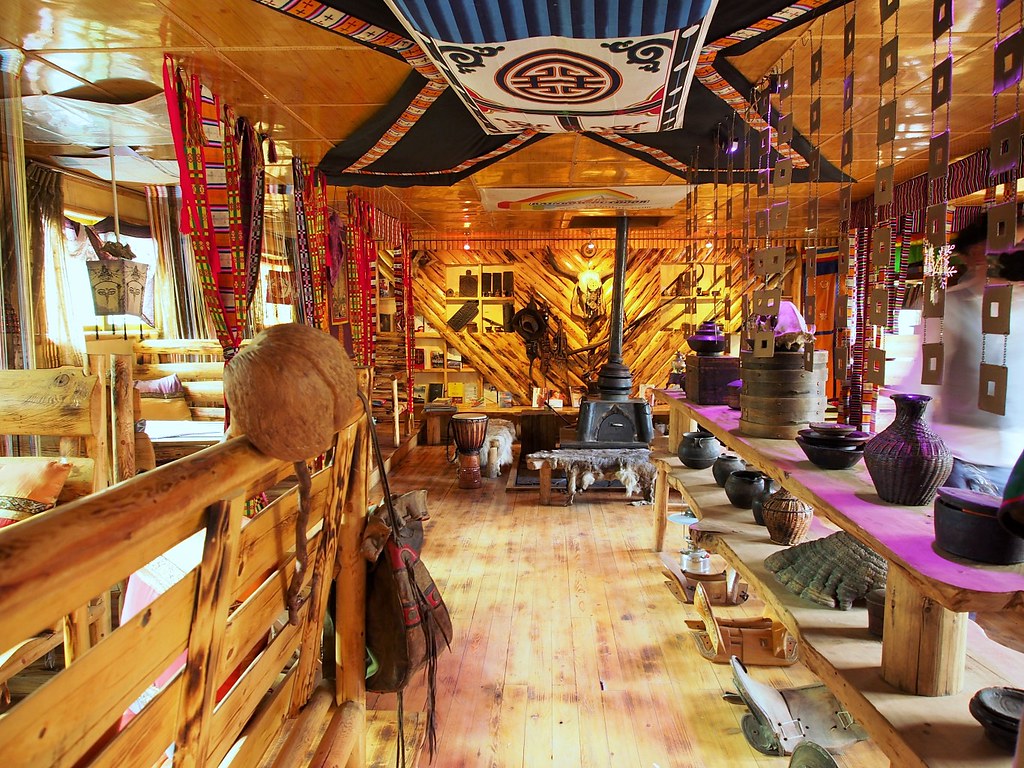
Photo: Internet
Festival Tourism
There are approximately 8,000 festivals in Vietnam, many of which are national events. About 90% are traditional festivals with histories spanning decades to centuries, such as the Northwest Cultural Festival, Southern Land Festival, Central Highlands Gong Festival, and Hue Festival.
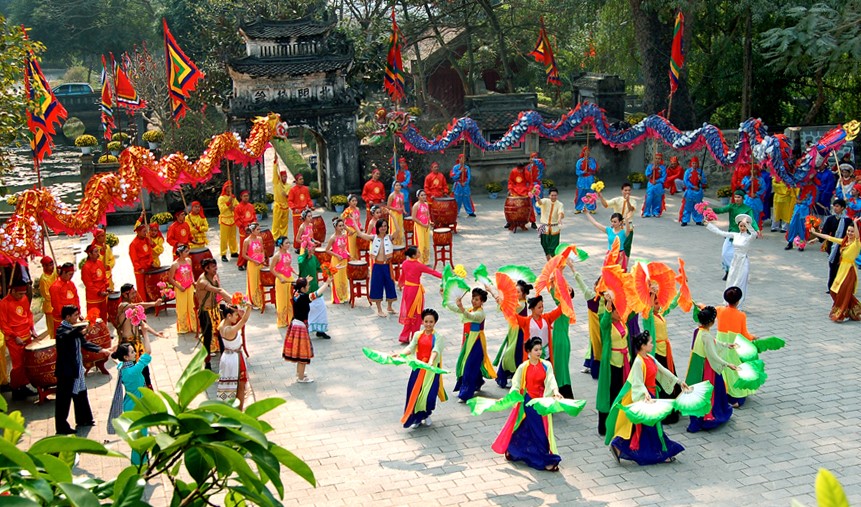
Photo: Internet
Art Tourism
Vietnamese folk art is incredibly diverse, featuring traditional songs like Quan Ho and Cheo, instrumental music from the dan bau and bamboo flute, as well as water puppetry and Central Highlands gong performances.
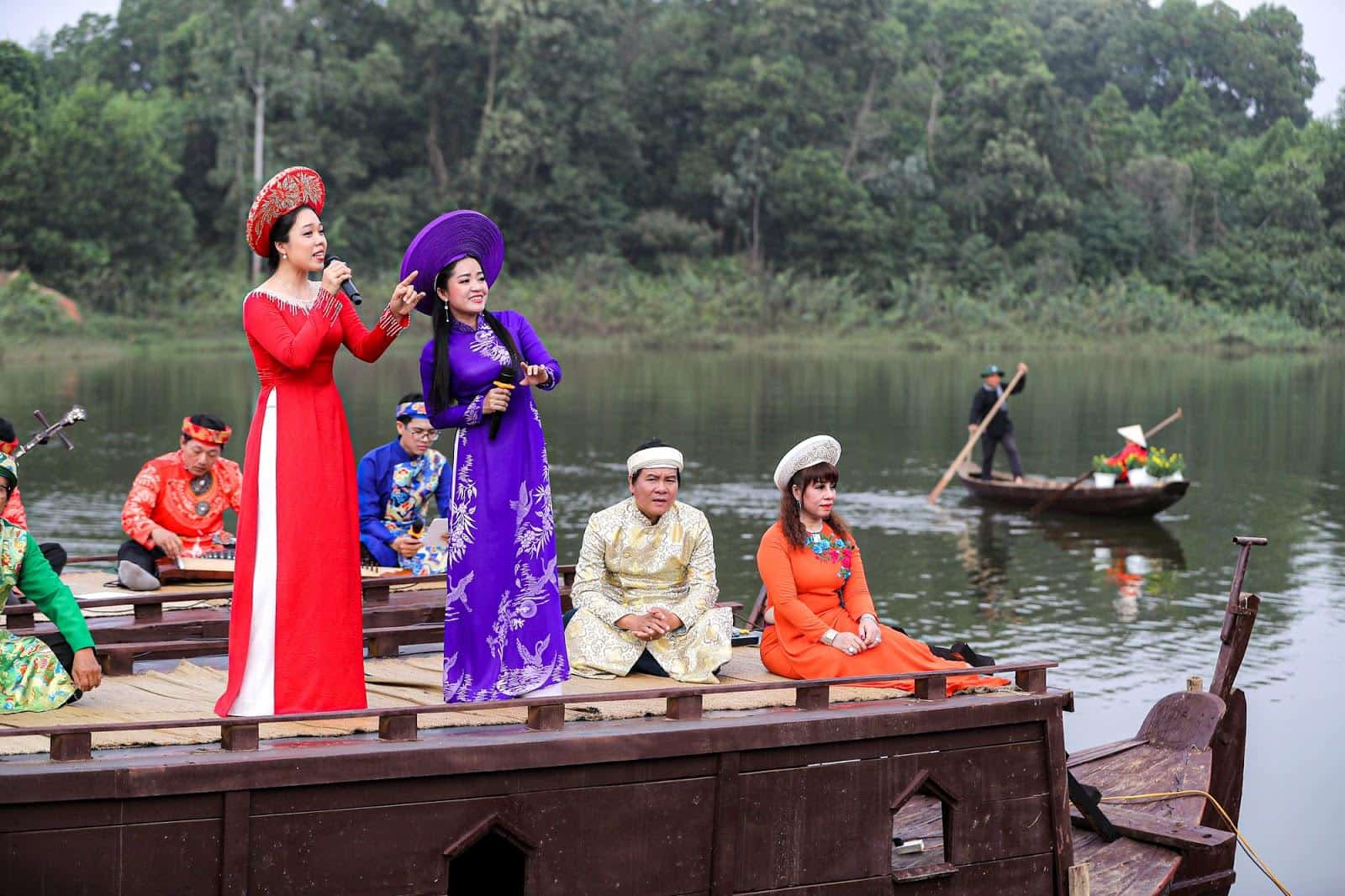
Photo: Internet
Culinary Tourism
Renowned worldwide, Vietnamese cuisine offers a rich array of flavors and famous dishes like banh mi, pho, bun cha, bun bo Hue, mi Quang, and com from Village Vong.
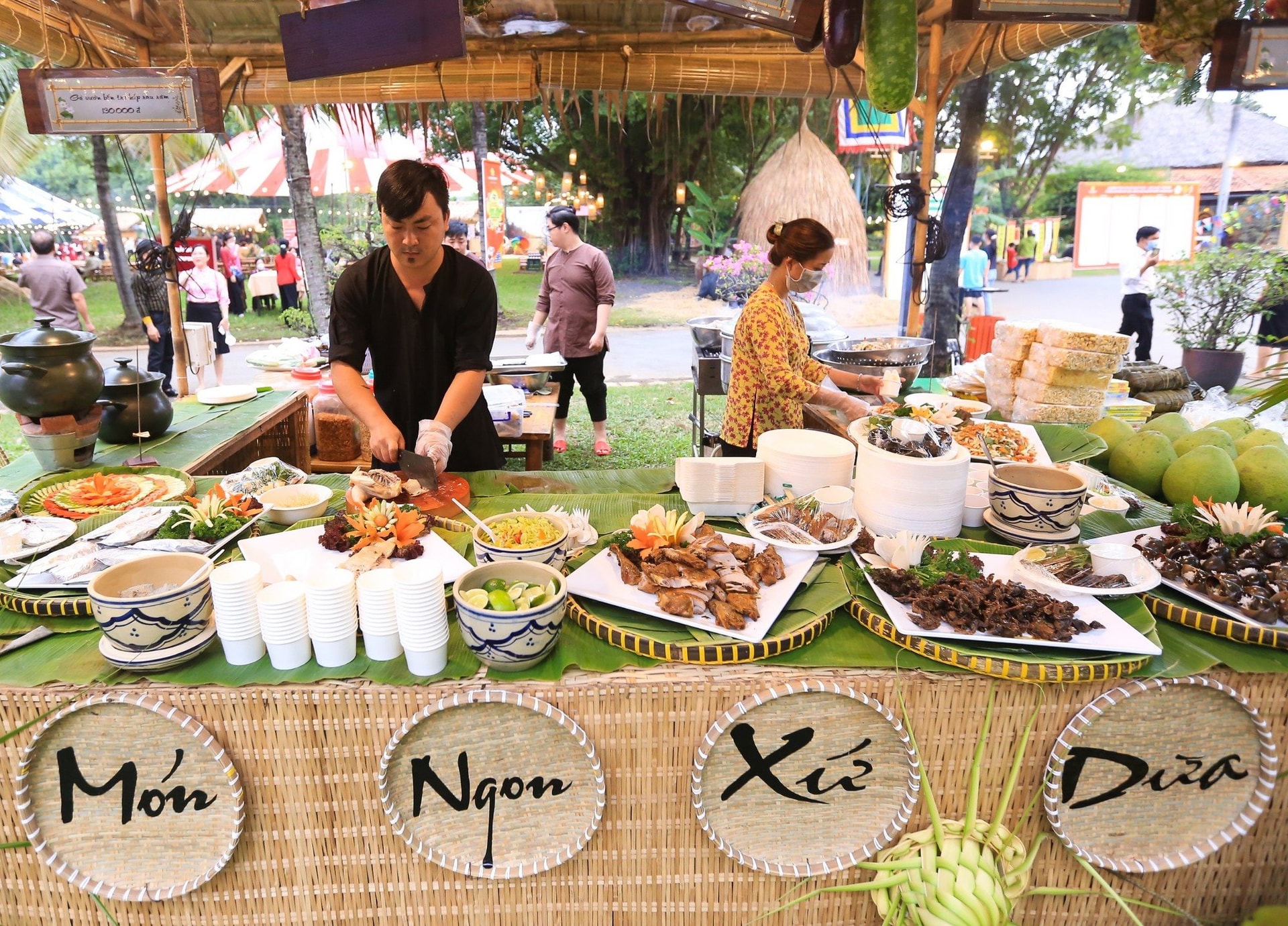
Photo: Internet
4. Notable Cultural Tourism destinations in Vietnam
Cultural Tourism in Saigon
Throughout history, Saigon's culture has been marked by a rich blend of Asian and European influences. Visitors can admire French architectural landmarks such as the Notre-Dame Cathedral, the Central Post Office, and Ben Thanh Market.
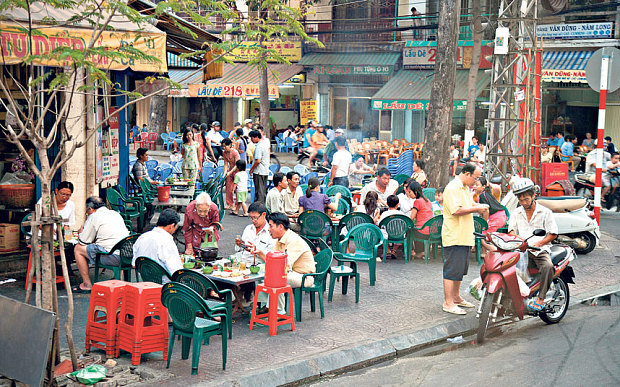
Photo: Internet
The city also features Chinese architecture at Thien Hau Temple, On Lang Assembly Hall, and Nghia An Assembly Hall. Additionally, significant historical sites like the Independence Palace, Ben Nha Rong, and Cu Chi Tunnels highlight the nation's proud heritage.
Cultural Tourism in Hanoi
As the millennial capital, Hanoi is one of Vietnam's premier cultural tourism destinations. Here, you can explore ancient architecture and historical sites like Hoan Kiem Lake, the Opera House, the Old Quarter, the Temple of Literature, and Tran Quoc Pagoda.
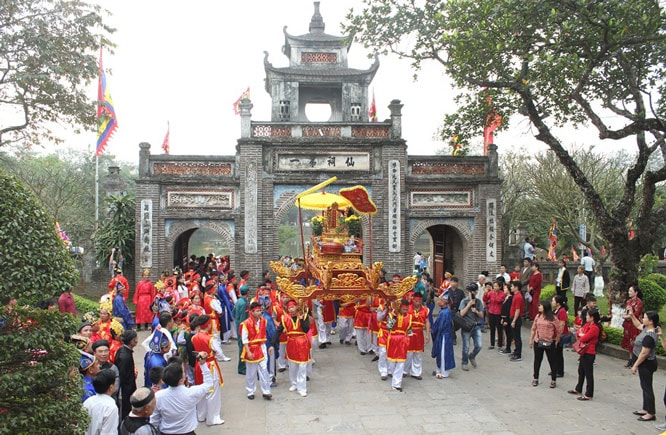
Photo: Internet
Visitors can also delve into the National Museum of History, the Hanoi Museum, and the Ethnology Museum, as well as enjoy traditional water puppet performances.
Cultural Tourism in Hue
The ancient capital of Hue is a premier cultural tourism destination in Central Vietnam, known for its rich history and distinctive cultural landscape. This region is home to seven UNESCO World Heritage Sites, encompassing both tangible and intangible heritage.
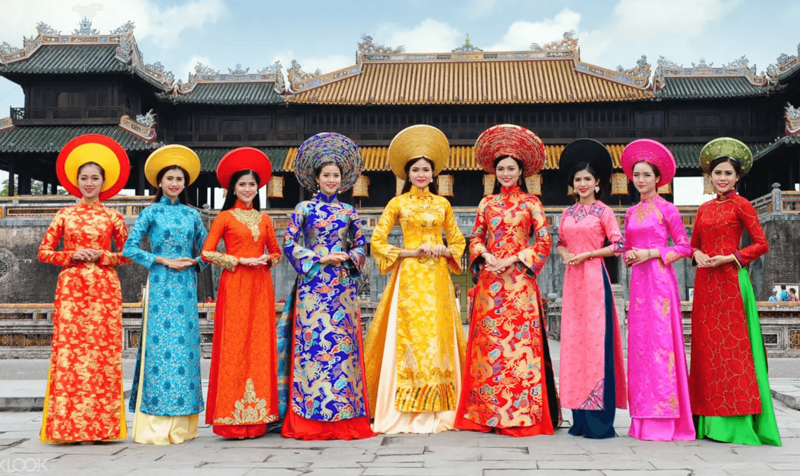
Photo: Internet
Notable highlights include the Complex of Hue Monuments, Hue Court Music (Nha Nhac), Nguyen Dynasty woodblocks, royal documents, and poetic inscriptions on the architecture of the imperial palace.
Cultural Tourism in Hoi An
Hoi An’s most famous cultural attraction is the Ancient Town, a UNESCO World Heritage Site. Once a bustling international trading port in the 16th and 17th centuries, Hoi An's culture reflects a unique blend of Vietnamese identity with influences from China, Japan, the Netherlands, and Spain.
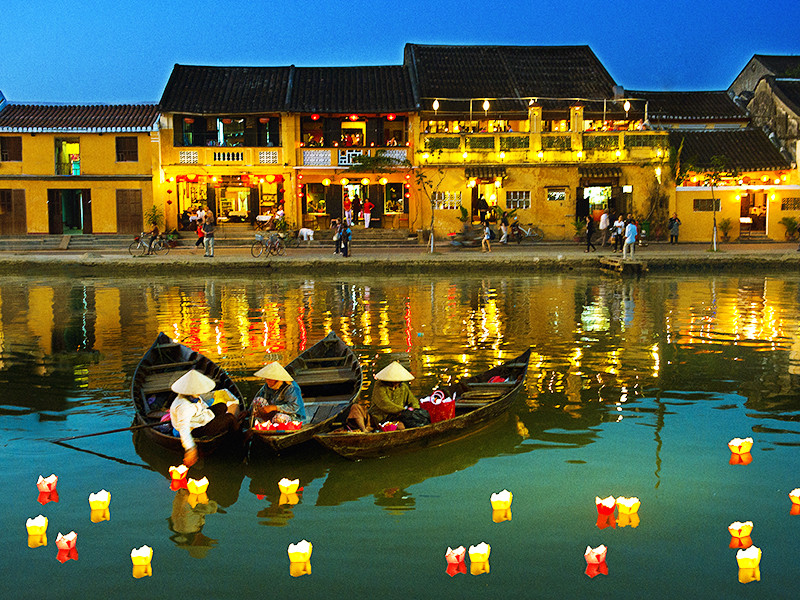
Photo: Internet
Visitors to Hoi An should take the time to explore landmarks such as Tan Ky House, the Japanese Covered Bridge, various Chinese assembly halls, and the History Museum, immersing themselves in the well-preserved cultural atmosphere that still thrives today.
With a heritage spanning over 4,000 years, Vietnam boasts a unique blend of traditions, festivals, and culinary delights that invite travelers to immerse themselves in its vibrant identity.
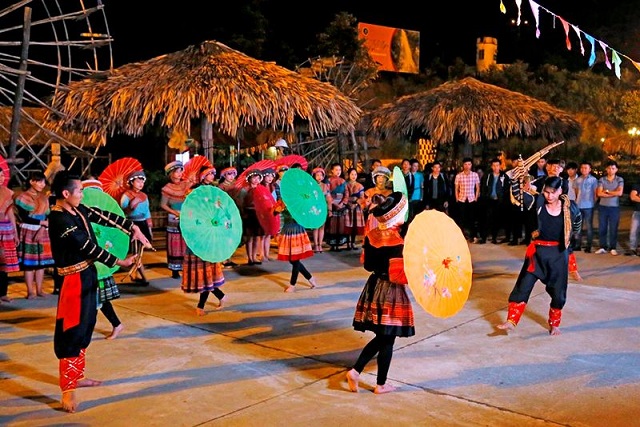
Photo: Internet
From the ancient capital of Hue, renowned for its UNESCO World Heritage Sites, to the charming streets of Hoi An, where architectural influences from various cultures converge, each destination tells a story of resilience and creativity. This exploration not only enriches the travel experience but also fosters a deeper appreciation for the country’s rich cultural tapestry.